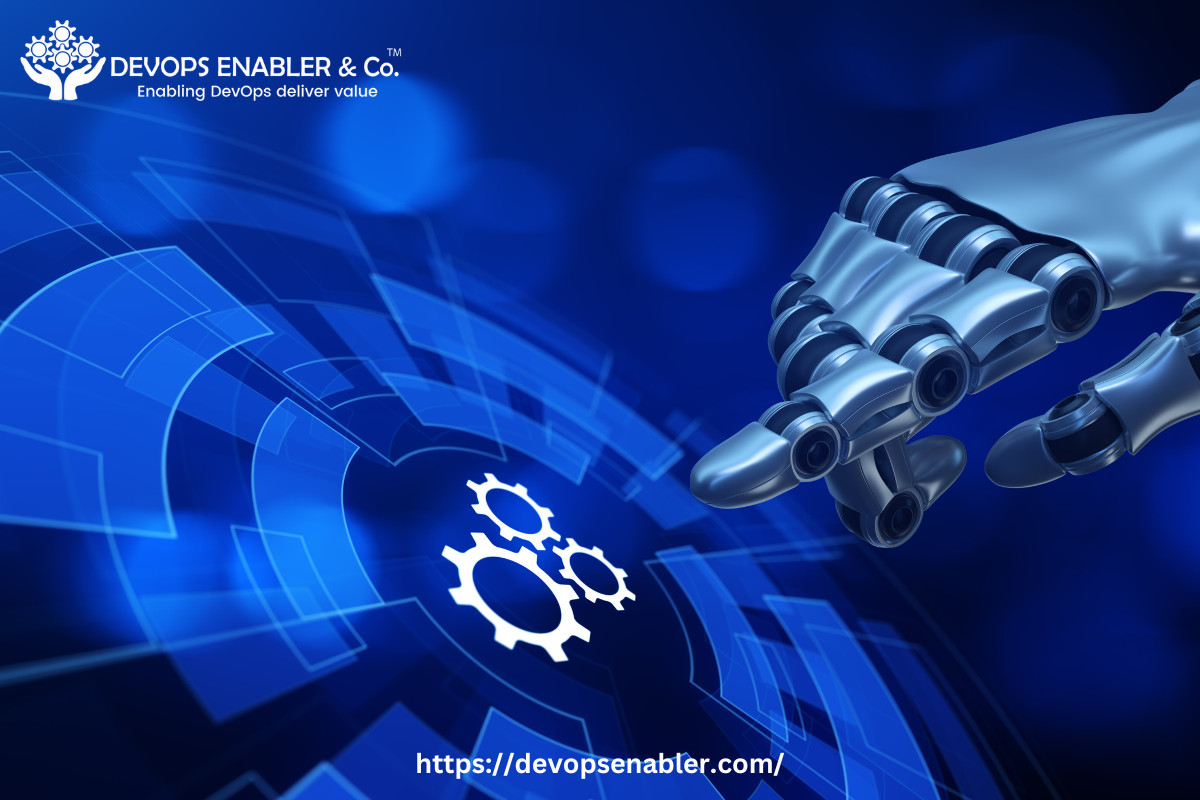Agile planning and DevSecOps delivery methodologies have emerged as game-changers, offering robust, reliable, and scalable solutions to accelerate application delivery. This article is all about "The Strategic Value of a DevSecOps Platform Approach". This article explores the strategic value of adopting a DevSecOps platform approach, leveraging new tools to automate integration, testing, asset management, vulnerability scanning, and deployment, ultimately empowering development teams to build, test, and deliver applications with unprecedented speed and efficiency.
Embracing Automation for Streamlined Delivery:
With the advent of new tools and technologies, development teams are now equipped with powerful automation capabilities that significantly enhance their ability to deliver software efficiently. These tools enable seamless integration of various processes, from code development to deployment, reducing manual intervention and accelerating the delivery pipeline. By automating repetitive tasks, such as integration, testing, and deployment, teams can focus their efforts on innovation and value creation, rather than being bogged down by mundane administrative tasks.
Challenges of DIY-Integrated Toolchains:
While DIY-integrated toolchains may seem like a shortcut to accelerated delivery, they often come with their own set of challenges. The proliferation of disparate tools introduces complexity and fragmentation, leading to islands of data, inconsistent security settings, and compliance issues. Each new tool adds a layer of integration complexity, complicating the entire delivery process and hindering visibility and governance. As a result, development teams are forced to grapple with a complex, fragile toolchain, wasting valuable time and resources on managing integrations rather than delivering value to end-users.
The Concept of a Modern Software Factory:
To overcome the limitations of DIY-integrated toolchains, organizations are increasingly adopting the concept of a modern software factory—a streamlined, automated environment designed to optimize software delivery processes. At the heart of this factory lies a fully functional assembly line, orchestrating every stage of the development lifecycle, from planning to deployment. Let's delve into some key components of this software factory:
Issues and Planning: Efficiently capturing and prioritizing requirements is crucial for aligning development efforts with user needs.
Code Reviews and Approvals: Automated testing and approval processes ensure code changes meet quality and compliance standards.
Distributed Source Code Management: Coordinating code changes across the development team is facilitated by distributed source code management.
Repository for Binary Assets: Managing binary assets throughout the deployment process ensures consistency and reliability.
Dynamic Test Environments/Infrastructure: On-demand deployment of dynamic test environments reduces wait times and streamlines development efforts.
Connect with Our Customer Care Team: https://devopsenabler.com/contact-us
Continuous Delivery (CD): Streamlining deployment processes with CD pipelines simplifies the delivery of cloud-native applications.
Continuous Integration for Every Commit: Automating development tasks for every code change ensures consistency and reliability.
a) Software Quality Testing: Automated testing covers a range of tests to maintain code quality.
b) Security Testing: Incorporating security scans into the CI pipeline provides immediate feedback on vulnerabilities.
Application Monitoring: Real-time monitoring empowers developers to detect and address issues promptly, driving continuous improvement.
Incremental Deployment: Supporting incremental deployments minimizes risks and allows for rapid iteration.
Unlocking the Potential of GitLab for DevOps Teams:
In the realm of DevOps, GitLab stands out as a powerful platform that offers simplicity, visibility, and control. By providing a unified environment with a common user experience, security model, and source of truth, GitLab streamlines collaboration, compliance, and auditing efforts. With GitLab, DevOps teams can foster a culture of unified governance and compliance, where every stakeholder—from contracting to end-users—participates and contributes to the success of the software factory.
The strategic value of a DevSecOps platform approach lies in its ability to maximize efficiency and security throughout the software delivery lifecycle. By leveraging automation and streamlining processes, organizations can overcome the challenges posed by DIY-integrated toolchains and unlock the full potential of their development teams. With a modern software factory powered by DevSecOps principles and innovative tools, organizations can accelerate delivery, drive innovation, and deliver value consistently to end-users.
Contact Information:
- Phone: 080-28473200 / +91 8880 38 18 58
- Email: sales@devopsenabler.com
- Address: #100, Varanasi Main Road, Bangalore 560036.







